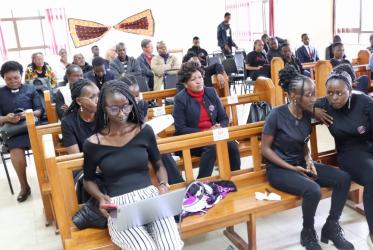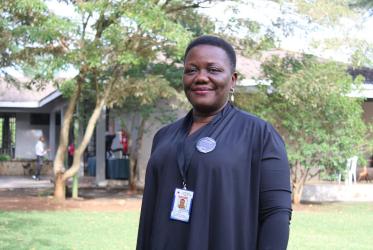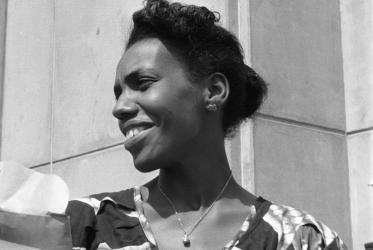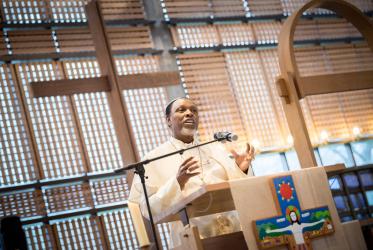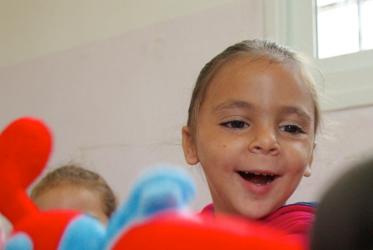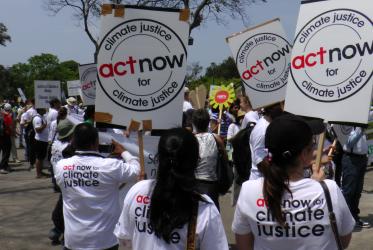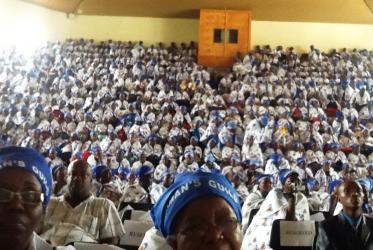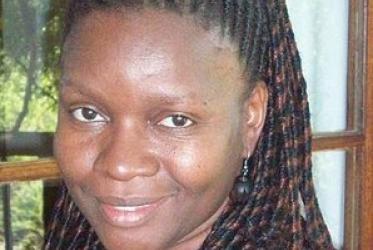Displaying 1 - 19 of 19
Churches in southern Africa stand against violence, xenophobia
10 October 2019
A tribute to Rev. Dr Rena Joyce Weller Karefa-Smart
21 January 2019
#WCC70: Fellowship of women and men – with ups and downs
17 August 2018
Churches' “prophetic voice” will be busy in 2015
18 June 2015
Nobel Laureate Leymah Gbowee speaks at WCC Peace Plenary
07 November 2013
Thursdays in Black: zero tolerance for violence against women
11 October 2013
Conference in Kenya addresses women’s concerns
09 September 2013
Inspiring African churches to uphold women's dignity
13 June 2013
Living with God in the context of HIV and AIDS
27 February 2013


